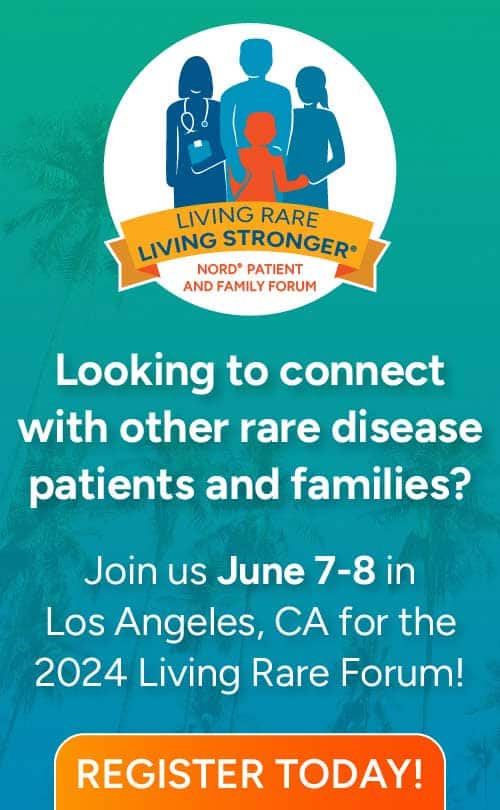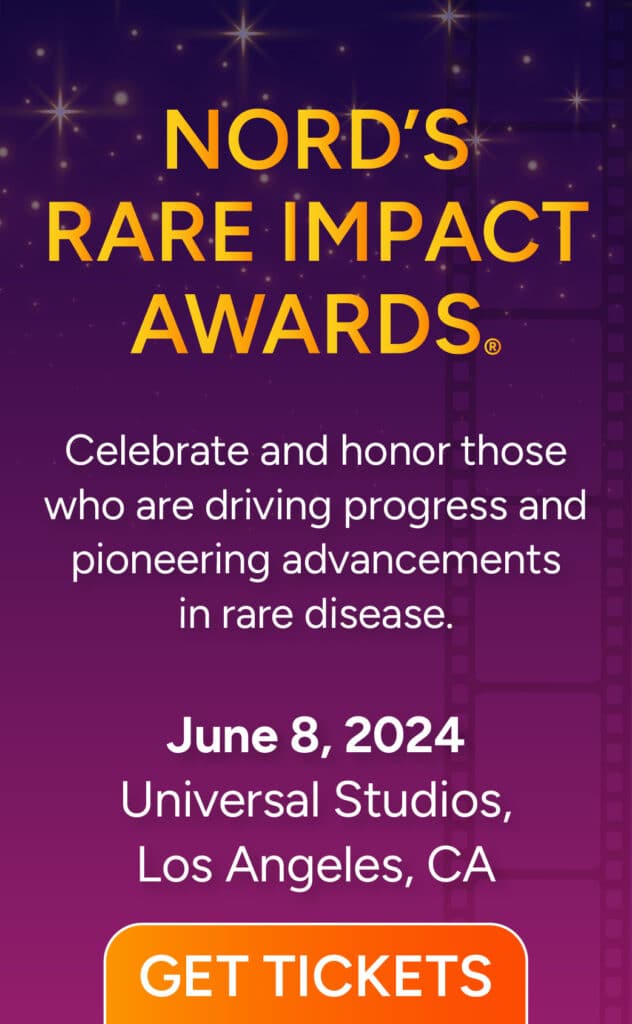After more than a year of negotiations in Congress and advocacy from NORD and patient coalition partners, lawmakers on Capitol Hill have passed legislation to protect patients from surprise medical billing. This is a major win for rare disease patients and their families that will help protect them from unexpected medical bills. The provisions to end surprise medical billing were included in bipartisan legislation providing additional COVID-19 relief and to fund the federal government through September 30, 2021.
Surprise medical billing is a harmful, widespread practice that has thrown millions of Americans into financial crisis. It occurs when a patient receives an unexpected bill from an out-of-network provider, and can happen even when the patient has no choice in who provides their medical care. Surprise medical billing also may arise when a patient goes to an in-network hospital to be treated by an in-network doctor, such as a surgeon, yet another specialist, such as the anesthesiologist or radiologist, is out-of-network, resulting in surprise billing for some services. After services are rendered, the patient receives a bill (also known as a “balance bill”) from the out-of-network provider. The problem is so pervasive that one in five insured adults had a surprise medical bill in the past two years.[1]
Nearly 20% of emergency department visits[2] and 16% of admissions at an in-network hospital[3] result in at least one surprise medical bill. Patients with rare diseases are particularly vulnerable to the practice of surprise medical billing since a majority of rare diseases have no treatment, leaving many rare disease patients forced to seek emergency care to treat their symptoms. In these crisis situations, patients may have no choice in who provides emergency transportation services to the appropriate hospital, nor do they have control over whether they are treated by an out-of-network provider working at an in-network facility, an increasingly common occurrence in recent years.[4]
In addition, rare disease patients may have fewer options when it comes to finding a provider with expertise in their medical condition. For these individuals and their caregivers, it can be especially frustrating to have made the effort to utilize in-network providers, only to face a surprise medical bill after the fact.
Even before the pandemic, two-thirds of Americans worried[5] about being able to afford surprise medical bills. For people affected by rare diseases, these worries come on top of other concerns caused by COVID[6] and the already high financial burden of having a rare disease.[7] As hospitals and facilities across the country scramble to accommodate high patient capacity and arrange for additional providers, patients with serious and chronic conditions may have no choice but to shift providers or facilities, increasing the likelihood of encountering a surprise medical bill.
Over the last year, hundreds of rare disease patients and their caregivers joined NORD in an advocacy campaign with other patient coalition partners to raise awareness and ask Congress to permanently end surprise medical billing. Holly, from Ortonville, Michigan, shared that her son’s complex rare disease requires specialized out-of-state care for which they often receive multiple bills per procedure, including both in-network and out-of-network charges, despite endless phone calls and prior authorization paperwork in preparation for the visits, and with primary and secondary insurance. “We are a hard-working family and try very hard to stick to a budget,” Holly said. “These surprise medical bills definitely make that difficult to do.”
Charlene, of Oxford, Ohio, has experienced surprise medical billing many times related to her husband and daughter’s rare disease, which involves muscular dystrophy and pulmonary issues. In one instance, Charlene’s family received a surprise bill after using an in-network, local hospital for a minor surgery, after which they learned that services performed during the procedure were conducted by a radiologist who was out-of-network. “I do not want my family members or me in a hospital or ER worrying about whether the doctor is in-network or out-of-network,” Charlene said. “That should be the least of our worries, especially in a medical crisis.”
Before yesterday’s vote, 32 states had taken action in response to the devastating effects of surprise medical billing, passing laws so that consumers are not liable financially for any amount beyond in-network levels of cost-sharing. These state laws, however, apply only to state-regulated health insurance, leaving limited protections for many patients with federally regulated insurance. This is why it was so critical for Congress to limit the practice with federal legislation. The new changes to end the practice of surprise medical billing nationally will take effect in 2022.
Interested in learning more about what NORD’s policy and advocacy team is up to and how you can get involved? Learn more on our website here.
[1] “US Statistics on Surprise Medical Billing.” JAMA, February 11, 2020. https://jamanetwork.com/journals/jama/fullarticle/2760721.
[2] Ibid.
[3] “Surprise bills vary by diagnosis and type of admission.” Peterson-KFF Health System Tracker, December 9, 2019. https://www.healthsystemtracker.org/brief/surprise-bills-vary-by-diagnosis-and-type-of-admission/.
[4] “Bills from out-of-network doctors rising at in-network hospitals.” Reuters, August 12, 2019. https://www.reuters.com/article/us-health-insurance-surprise-billing/bills-from-out-of-network-doctors-rising-at-in-network-hospitals-idUSKCN1V21VS.
[5] “Data Note: Public Worries About and Experience With Surprise Medical Bills.” Kaiser Family Foundation, February 28, 2020. https://www.kff.org/health-costs/poll-finding/data-note-public-worries-about-and-experience-with-surprise-medical-bills/. [6] “COVID-19 Community Follow-Up Survey Report.” National Organization for Rare Disorders, August 4, 2020. https://rarediseases.org/wp-content/uploads/2020/11/NRD-2061-RareInsights-CV19-Report-2_FNL.pdf. [7] “Barriers to Rare Disease Diagnosis, Care and Treatment in the US: A 30-Year Comparative Analysis.” National Organization for Rare Disorders, November 19, 2020. https://rarediseases.org/wp-content/uploads/2020/11/NRD-2088-Barriers-30-Yr-Survey-Report_FNL-2.pdf.


